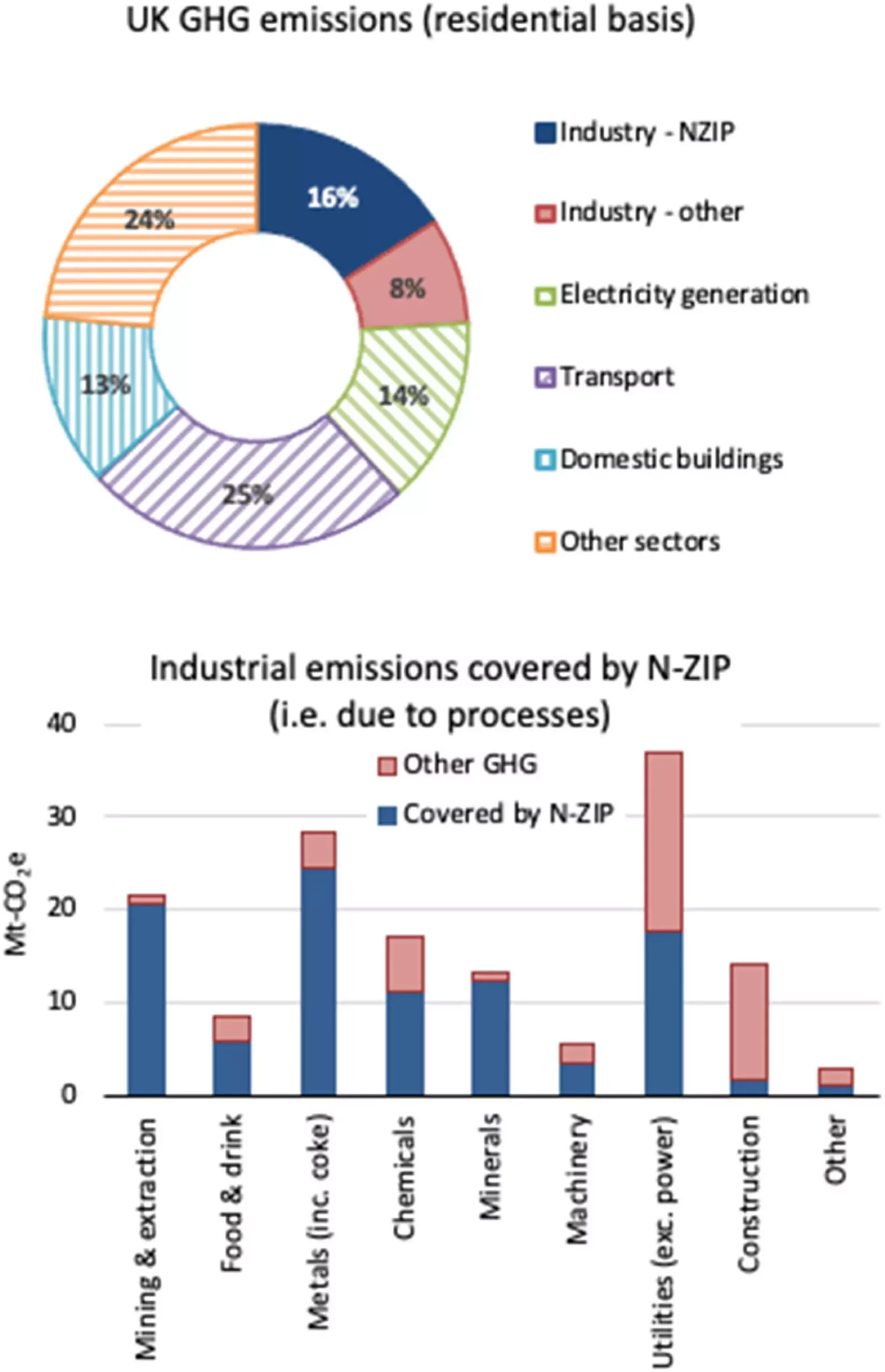The transition to a decarbonized industrial sector is crucial in the fight against climate change and achieving global Net Zero goals. With the United Kingdom as a case study, researchers from the University of Bath’s Institute for Sustainability and the University of Leeds have conducted a comprehensive analysis to explore the costs and distribution methods associated with decarbonization. Their findings suggest that the price increases necessary for decarbonizing U.K. industrial processes could be as low as 0.8%.
Analyzing the Costs
To assess the costs of decarbonization, the researchers relied on a model produced for the U.K.’s Climate Change Committee, which included various low-carbon technologies such as electrification, hydrogen fuel switching, and carbon capture and storage (CCS). The study examined three different approaches to distributing these costs: having the respective industrial sectors absorb them, passing them onto consumers through higher prices, or sharing the costs among the companies that profit from the supply chain enabled by these activities.
The research indicates that many industrial sectors, including manufacturing, construction, food and drink, and mining, can absorb these costs with a relatively modest impact on their profits. By 2050, these sectors could experience a decrease in their gross operating surplus of 2% to 7%. However, certain industries such as metal production, cement and minerals, and waste treatment may face more significant challenges. Nevertheless, even in these cases, the impact on profits would be less than the fluctuations experienced over the past decade, with the equivalent cost amounting to 15% to 46% of profits.
Alternatively, if each sector is able to pass on the cost increases to their customers, the average final price increases would be less than 0.8% by 2050. The research also evaluated how these price increases would affect different income groups and their spending patterns, concluding that the burden would be shared evenly. However, specific product groups may experience varying price increases, with housing projected to rise by less than 0.5% and household goods by more than 3%.
Ensuring Competitiveness
While the study suggests that the effect of price increases on international competitiveness for most products may be negligible, certain bulk materials such as metals, cement, ceramics, plastics, and chemicals may require protective measures. In this regard, a border carbon adjustment, similar to the EU’s CBAM scheme, could ensure a level playing field by levying charges on imports from countries not facing decarbonization costs. This would help protect industries from unfair competition and maintain their global competitiveness.
Improving Energy and Resource Efficiency
To achieve these relatively low costs, it is essential to seize the opportunity to enhance the energy and resource efficiency of industrial processes when adopting low-carbon technologies. The study emphasizes the importance of optimizing these improvements during investment cycles to ensure that potential efficiency gains are not missed. By integrating energy and resource efficiency measures into the transition process, the costs of decarbonization can be further minimized.
Considerations and Implications
It is important to note that the analysis employed an economic approach known as “input-output analysis,” which provides sectoral averages. As a result, individual companies may find the transition to decarbonization more or less challenging based on their specific circumstances. Additionally, the research focused solely on the costs associated with decarbonizing industrial processes, excluding other potential costs related to transportation or electricity. Nevertheless, the study serves as an initial assessment that suggests these costs are manageable at a societal level.
The findings of this study have significant implications for industrial decarbonization policies and the support they provide. As countries strive to address the challenges posed by climate change, understanding the feasibility and economic impact of transitioning to a decarbonized industrial sector is crucial. The evidence presented in this research demonstrates that decarbonizing industrial processes can be accomplished without imposing prohibitive price increases on consumers.
This study not only contributes to the ongoing policy discussions surrounding decarbonization but also emphasizes the importance of integrating energy and resource efficiency measures into the transition process. By doing so, the economic and environmental benefits of decarbonization can be maximized, leading to a more sustainable and prosperous future for all.


Leave a Reply